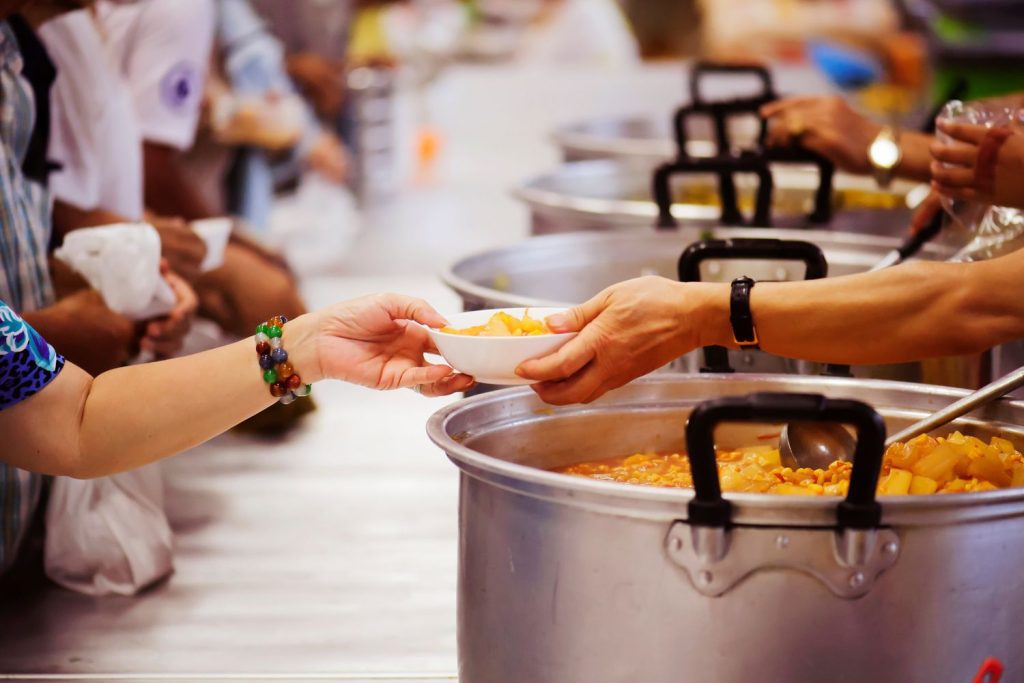Understanding the Importance of Food Donations
Food donations play a critical role in alleviating hunger and ensuring food security for vulnerable populations. These donations come from various sources, including individual contributions, businesses, and non-profit organizations, all working together to address food scarcity. By donating surplus food, these entities help reduce waste and support community members who may struggle to afford nutritious meals. Understanding the importance of food donations highlights the positive impact they have on individuals and communities, fostering a spirit of generosity and solidarity. The significance of food donations extends beyond immediate relief; it encompasses the promotion of health, well-being, and social cohesion.
Identifying Local Food Donation Centers
Finding local food donation centers is crucial for both those in need and those looking to contribute. Many communities are home to food banks, shelters, and pantries that distribute food to those who need it most. These centers often rely on volunteers and donations to operate efficiently. To identify food donation centers near you, start by searching online directories, contacting local government offices, or visiting community centers. Websites like Feeding America and FoodPantries.org provide extensive lists of food banks and pantries by location. Local churches, schools, and community organizations also frequently operate food distribution programs, making it easier for residents to find support within their neighborhoods.
How to Contribute to Local Food Drives
Contributing to local food drives is an excellent way to support your community and help those in need. Food drives are often organized by schools, businesses, religious groups, and civic organizations. These events typically collect non-perishable items such as canned goods, pasta, rice, and cereal. To participate, you can donate directly to a food drive in your area or organize one yourself. When donating, consider the nutritional value of the items and prioritize foods that are high in protein, fiber, and essential vitamins. Additionally, some food drives accept monetary donations, which allow organizers to purchase fresh produce and other perishable items to distribute.
The Impact of Food Donations on Community Health
Food donations significantly impact community health by providing access to nutritious food for those who might otherwise go without. Hunger and food insecurity are linked to various health problems, including malnutrition, weakened immune systems, and chronic diseases like diabetes and hypertension. By ensuring that everyone has access to healthy food, donations help improve overall public health outcomes. Moreover, food donation programs often provide education on nutrition and healthy eating, empowering individuals to make better dietary choices. These programs not only alleviate immediate hunger but also contribute to long-term health improvements, fostering stronger, healthier communities.
Conclusion
Food donations are a cornerstone of community support, offering crucial assistance to those facing food insecurity. By understanding the importance of these donations, identifying local centers, contributing to food drives, and recognizing the impact on community health, we can all play a part in fostering a more supportive and resilient society. Engaging with local food donation efforts not only helps those in need but also strengthens the bonds within our communities, promoting a culture of compassion and mutual aid.food donations near me


